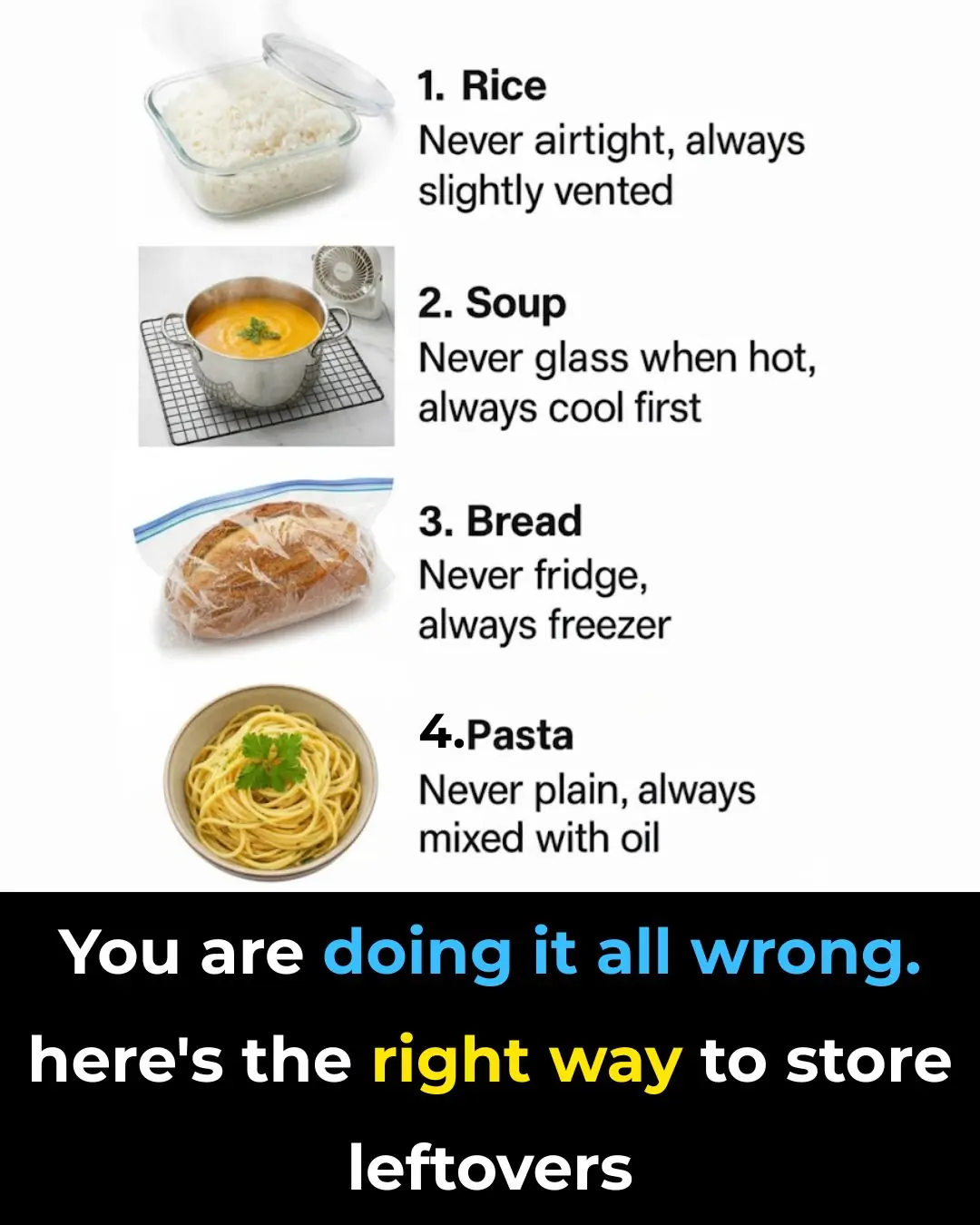
You’re doing it all wrong. Here’s the right way to unclog your drain
🚿 You’re Doing It All Wrong: Here’s the Right Way to Unclog Your Drain
Clogged drains are one of the most common household headaches—and most people reach for the wrong solution first. Harsh chemical cleaners may seem convenient, but they often damage your pipes, harm the environment, and don’t even solve the problem long-term.
Let’s break down the right way to unclog your drain—safely, effectively, and without wrecking your plumbing.
🔥 Step 1: Flush with Hot Water
Start simple. Run hot (not boiling) water down the drain for several minutes. This helps loosen grease, soap scum, and minor buildup—especially in kitchen sinks. If you have PVC pipes, avoid boiling water, as it can soften or warp them.
Pro tip: Do this weekly as a preventive measure.
🧪 Step 2: Use Baking Soda and Vinegar
This classic combo is a natural powerhouse.
-
Pour ½ cup of baking soda into the drain.
-
Follow with 1 cup of white vinegar.
-
Cover the drain and let it fizz for 10–15 minutes.
-
Flush with hot water.
This reaction breaks down organic material and deodorizes your drain without harming your pipes.
Bonus tip: Add a few drops of lemon juice for a fresh scent.
🪠 Step 3: Try a Plunger
If the clog persists, grab a sink plunger.
-
Ensure a tight seal around the drain.
-
Use slow, steady plunges to avoid splashing or pushing the clog deeper.
-
Repeat several times, then flush with water.
This method works best for shallow clogs in bathroom sinks or tubs.
🧰 Step 4: Snake the Drain
For deeper clogs, use a drain snake or auger.
-
Insert the tool slowly into the drain.
-
Twist gently to catch hair or debris.
-
Pull out and dispose of the blockage.
-
Rinse the drain thoroughly.
Expanded tip: If you don’t have a snake, a straightened wire hanger with a small hook can work in a pinch.
🌿 Step 5: Enzyme-Based Cleaners (Optional)
These cleaners use natural bacteria to break down organic waste.
-
Ideal for slow drains or monthly maintenance.
-
Safe for all pipe types and eco-friendly.
-
Avoid using them immediately after vinegar or bleach—they’ll kill the enzymes.
🚫 What to Avoid
-
Chemical drain cleaners: They’re corrosive, toxic, and often ineffective.
-
Boiling water on plastic pipes: Can cause warping or leaks.
-
Overuse of plungers or snakes: May damage seals or push clogs deeper.
🆕 Expanded Insights
-
Preventive care matters: Clean your drains monthly with baking soda and vinegar to avoid buildup.
-
Know your pipes: Metal pipes can handle more heat than plastic ones.
-
Hair catchers save time: Install mesh screens in bathroom drains to trap hair before it becomes a problem.
-
Call a pro when needed: If you’ve tried everything and the clog persists, it might be time to consult a plumber—especially if multiple drains are backing up.
News in the same category

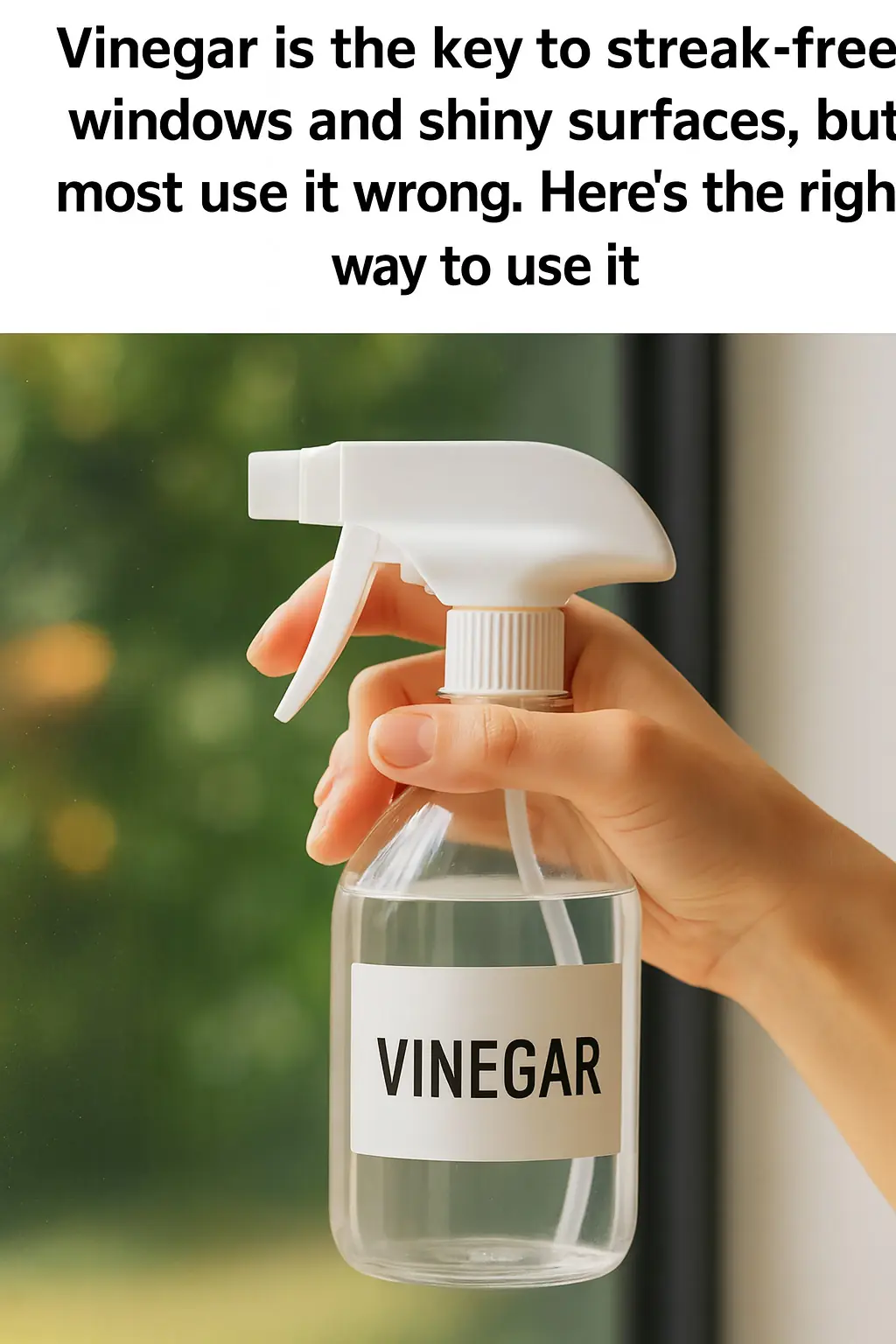
Vinegar is the key to streak-free windows and shiny surfaces, but most use it wrong. Here's the right way to use it

Haven't heard that before
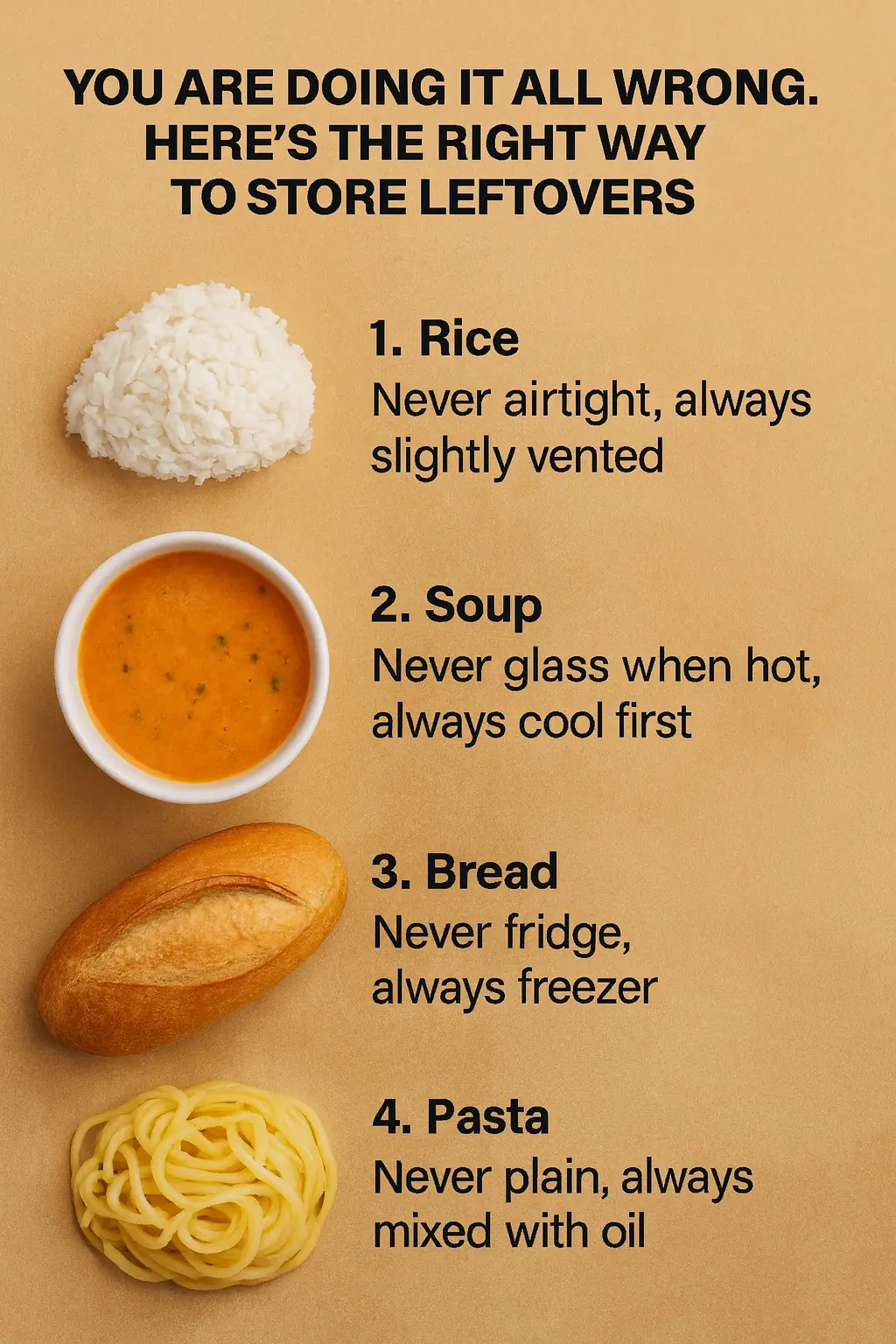
You are doing it all wrong. Here’s the right way to store leftovers
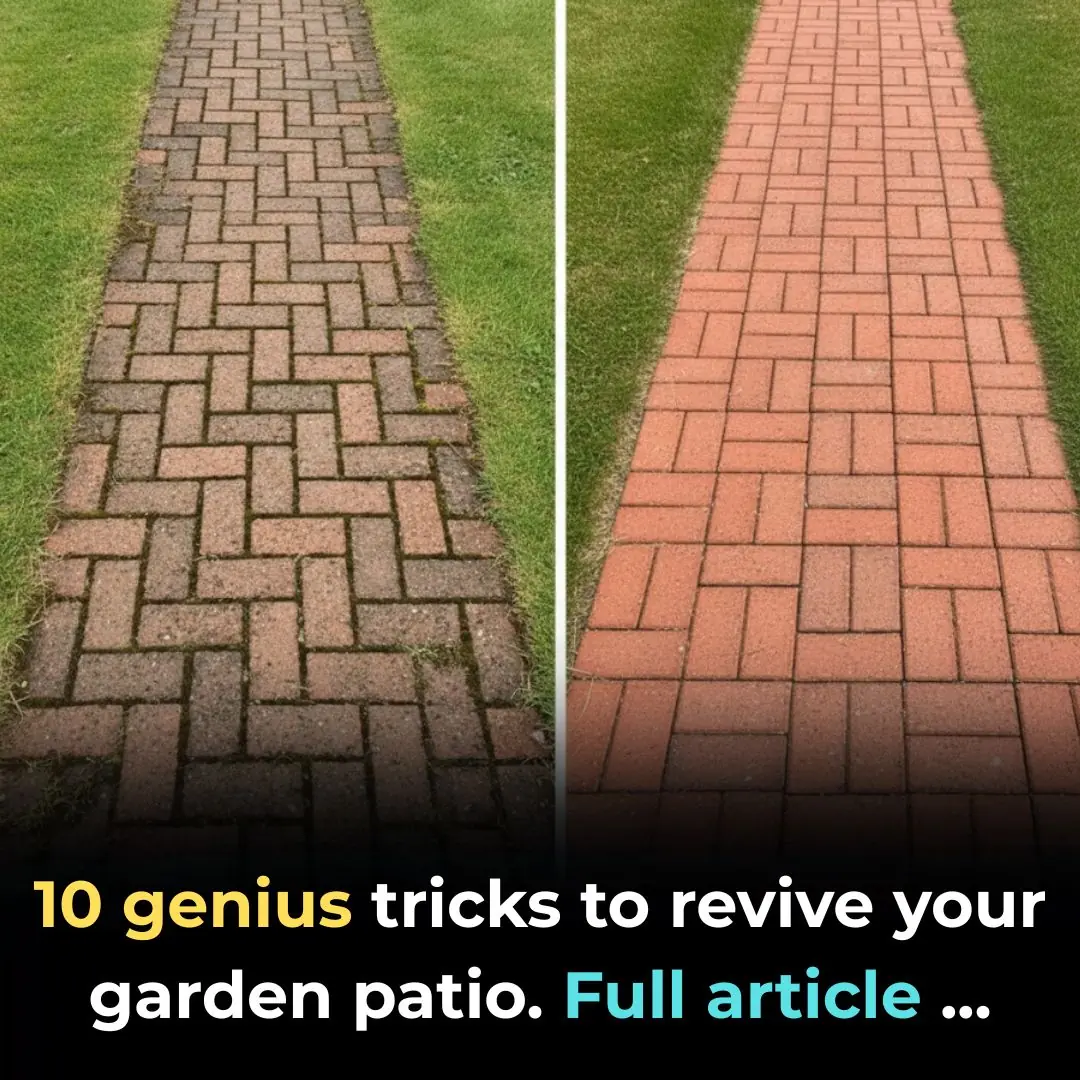
10 genius tricks to revive your garden patio
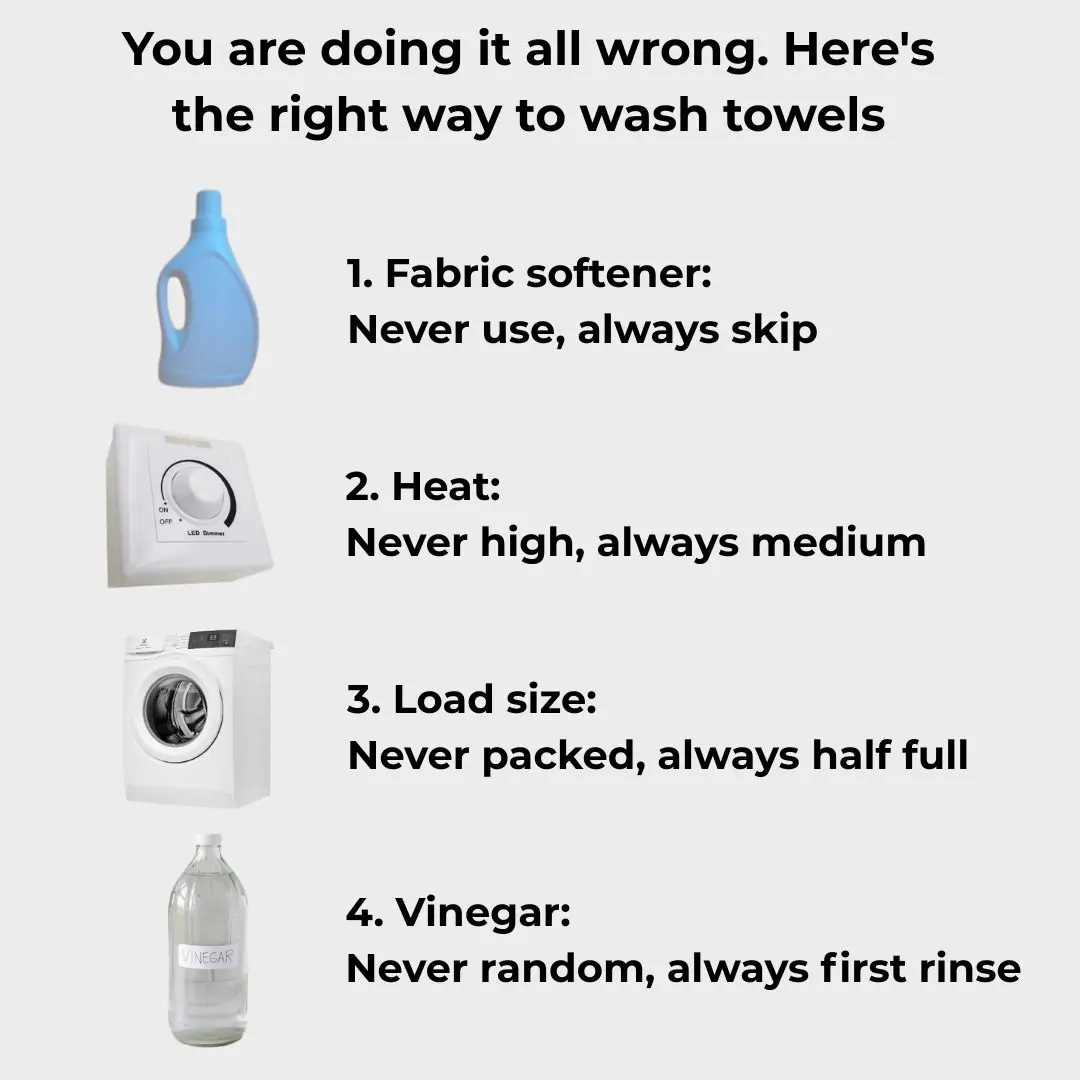
You are doing it all wrong. Here’s the right way to wash towels
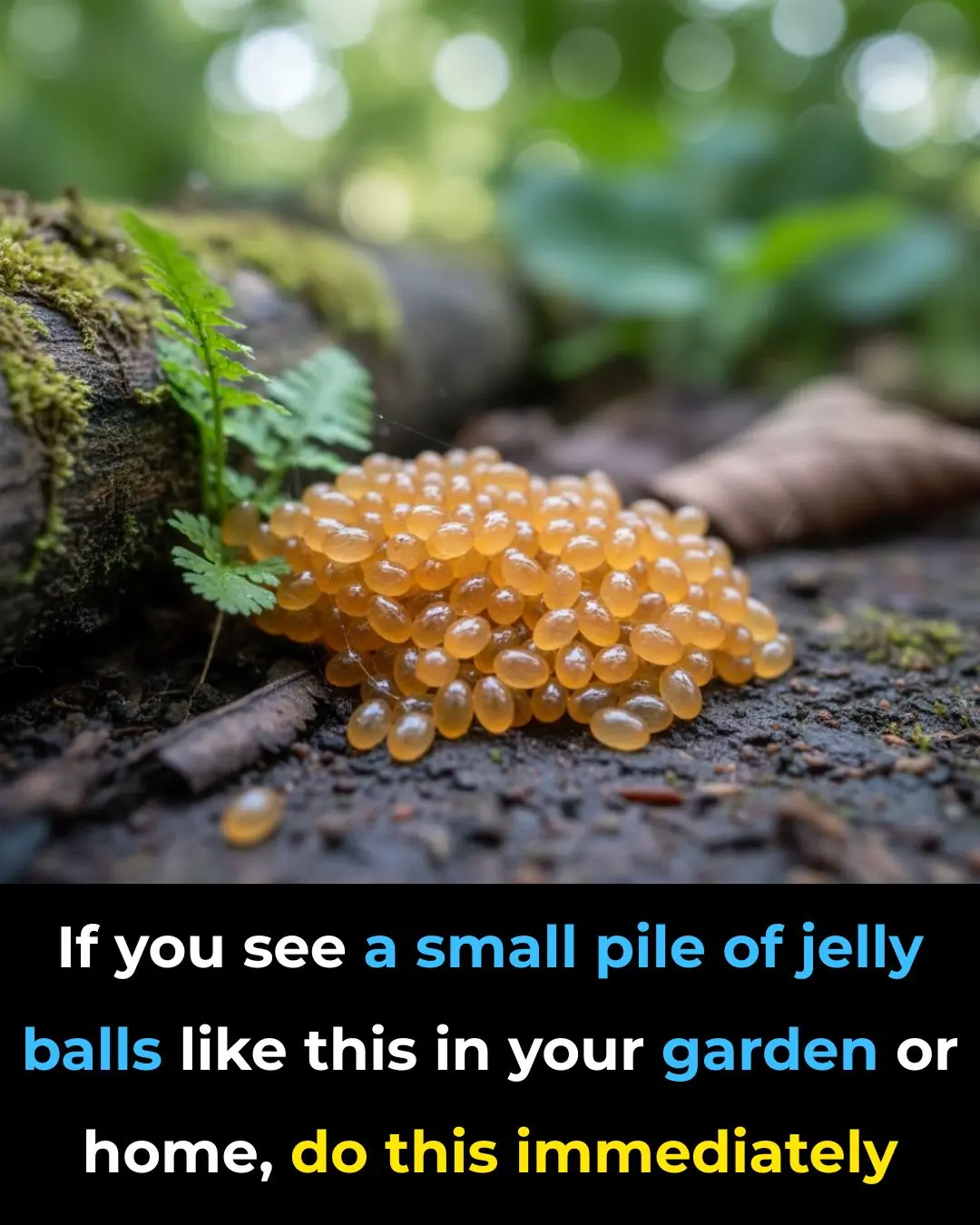
They look so harmless

How to Remove a Fish Bone from Your Throat 🐟😮
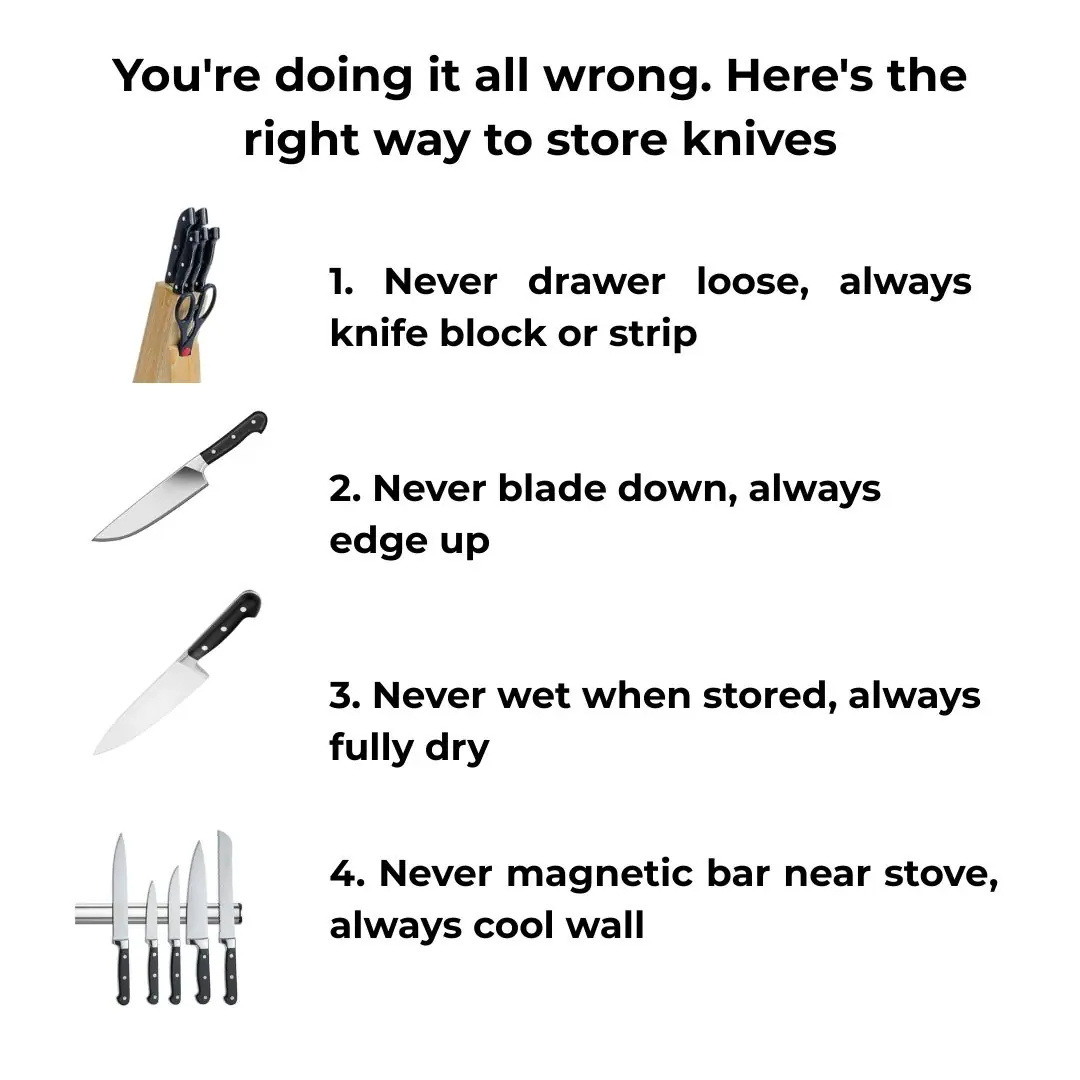
You’re doing it all wrong. Here’s the right way to store knives

Mistake when washing grapes with salt and baking soda: This method only removes insect eggs, and the skin is still edible

Boiling chicken with plain water is outdated: 2 ways to cook chicken without water that make it delicious, tender, and preserve its nutrients

A type of vegetable destroys more than 90% of cancer cells within 48 hours, yet Vietnamese people mistake it for a wild plant growing all over the streets.

A plant with a distinctive aroma: Both a spice and a 'miracle' for health

Bare pork through boiling water, thought clean but soaked in more dirt: This is the most correct thing

A week after applying this method, cockroaches, ants, and mosquitoes no longer appeared in my house.

🚽 How to Unclog a Toilet Without Using a Plunger – 5 Smart, No-Mess Hacks That Actually Work
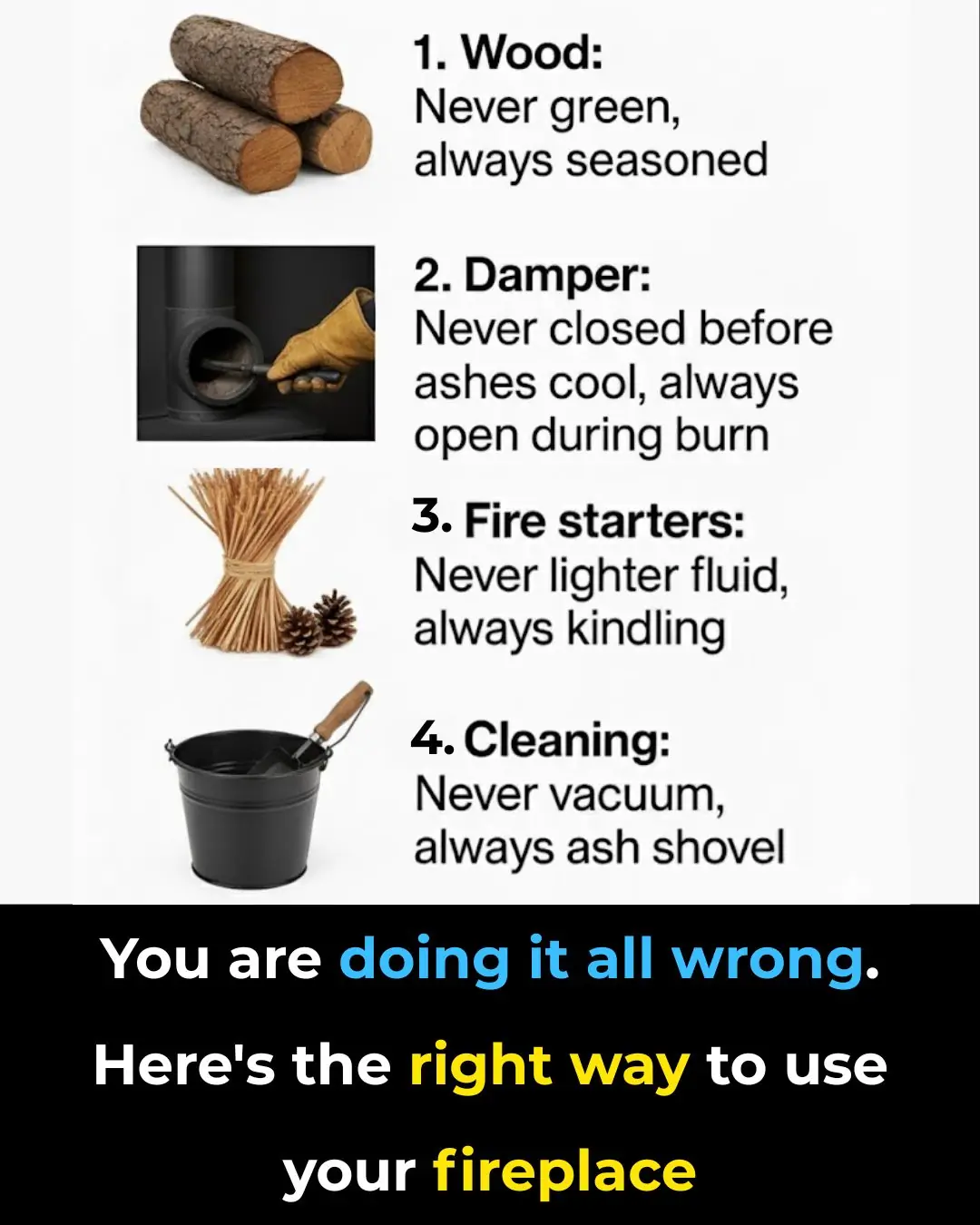
You are doing it all wrong. Here’s the right way to use your fireplace
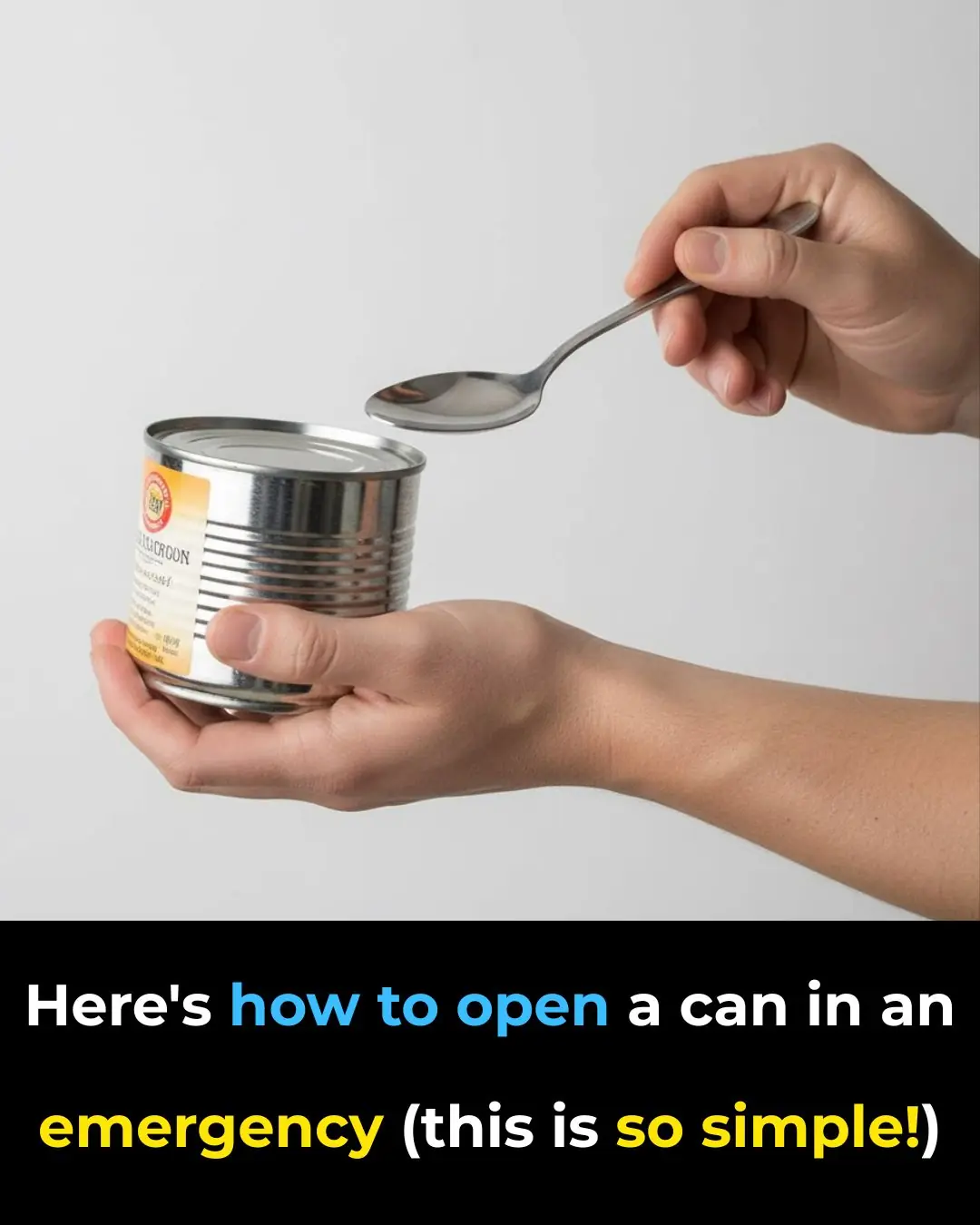
Here's how to open a can in an emergency (this is so simple!)
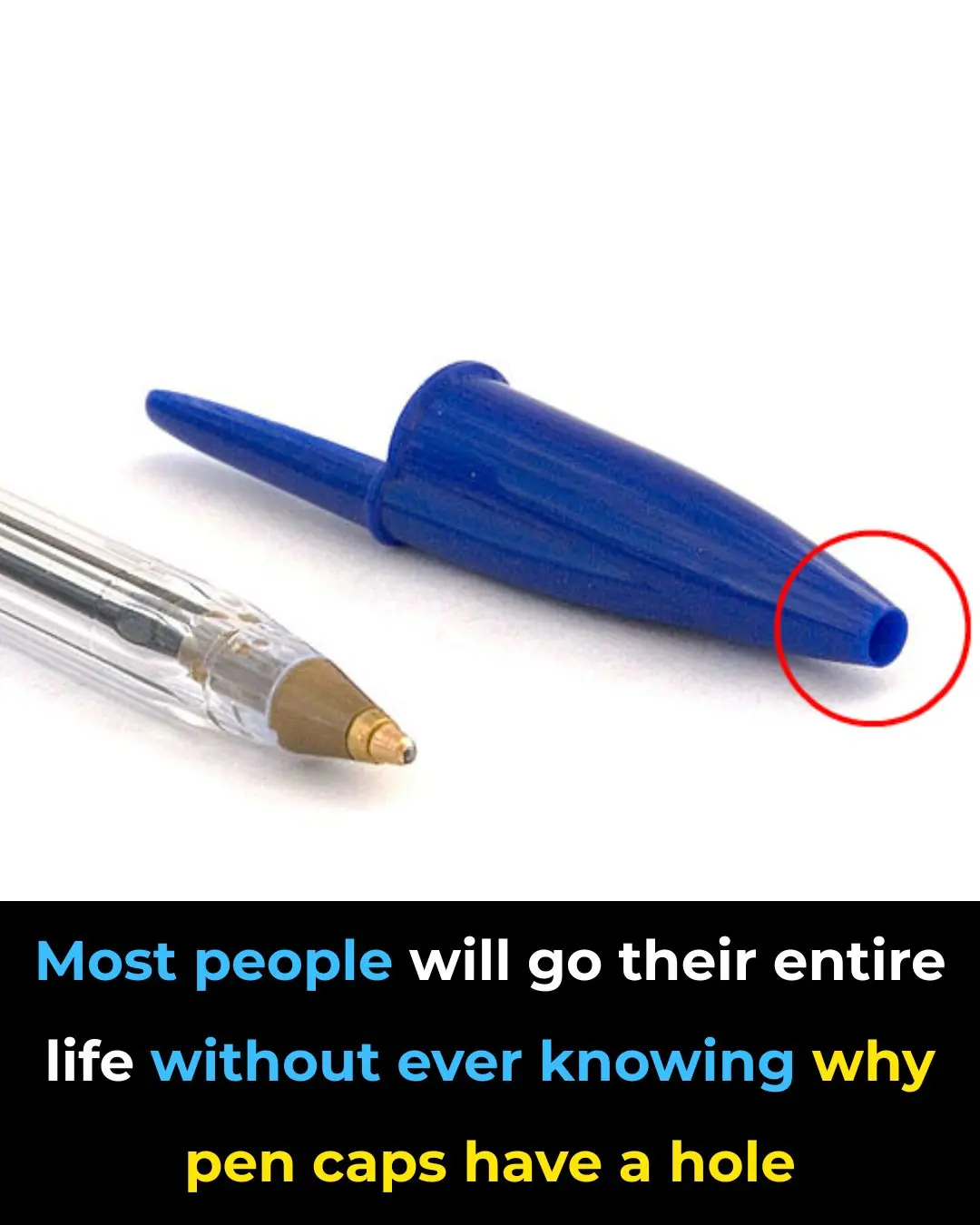
Most people will never know
News Post

Eating Steamed Sweet Potatoes Every Day: A Woman Shocked by Her Liver Test Results

Warning Signs You Should Never Ignore: The Silent Symptoms of a Brain Aneurysm

Model Loses Both Legs After Toxic Shock Syndrome From Everyday Tampon Use

Before And After: Woman With Extreme Lip Enhancements Reveals Old Look

Tragic End: Georgia O’Connor Passes Away Weeks After Wedding Amid Medical Neglect
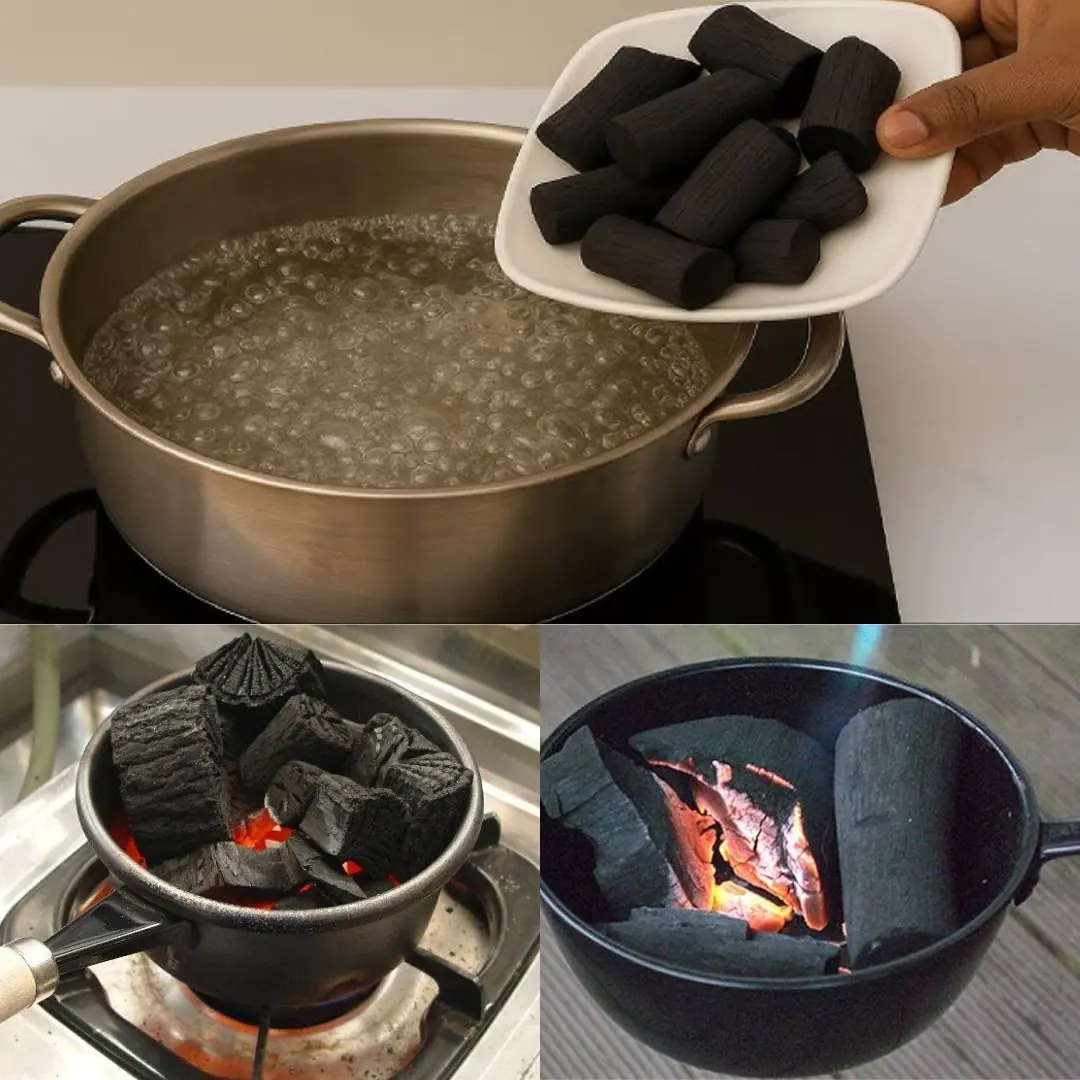
DIY Survival Water Filter: A Simple Life-Saving Tool You Can Make Anywhere
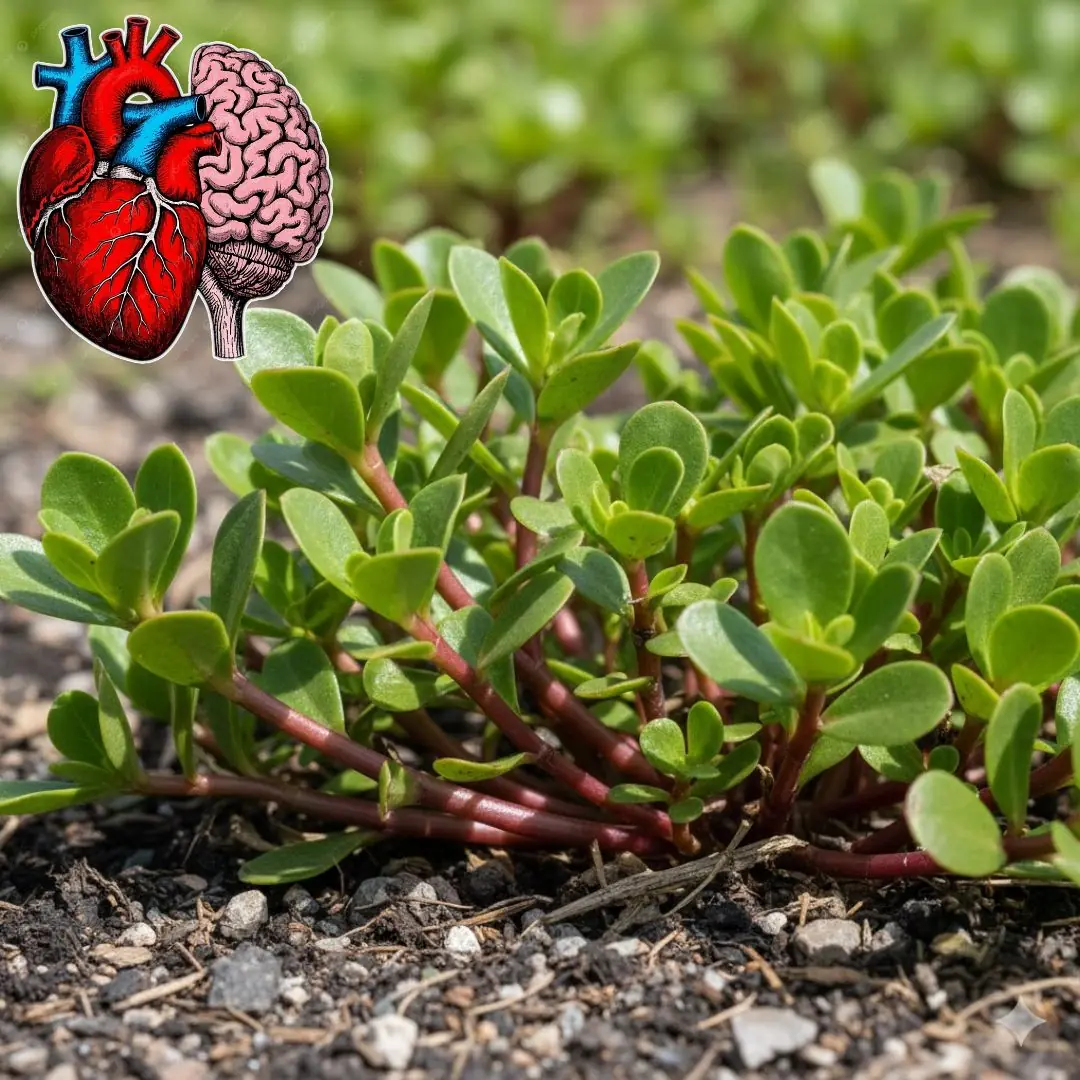
30 Powerful Reasons You Should Stop Ignoring Purslane

Why drinking your sugar is more harmful for diabetes than eating it, study finds

You are doing it all wrong. Here’s the right way to store leftovers

When a cat rubs against you, this is what it means

Zodiac Signs Most Likely to Have Prophetic Dreams
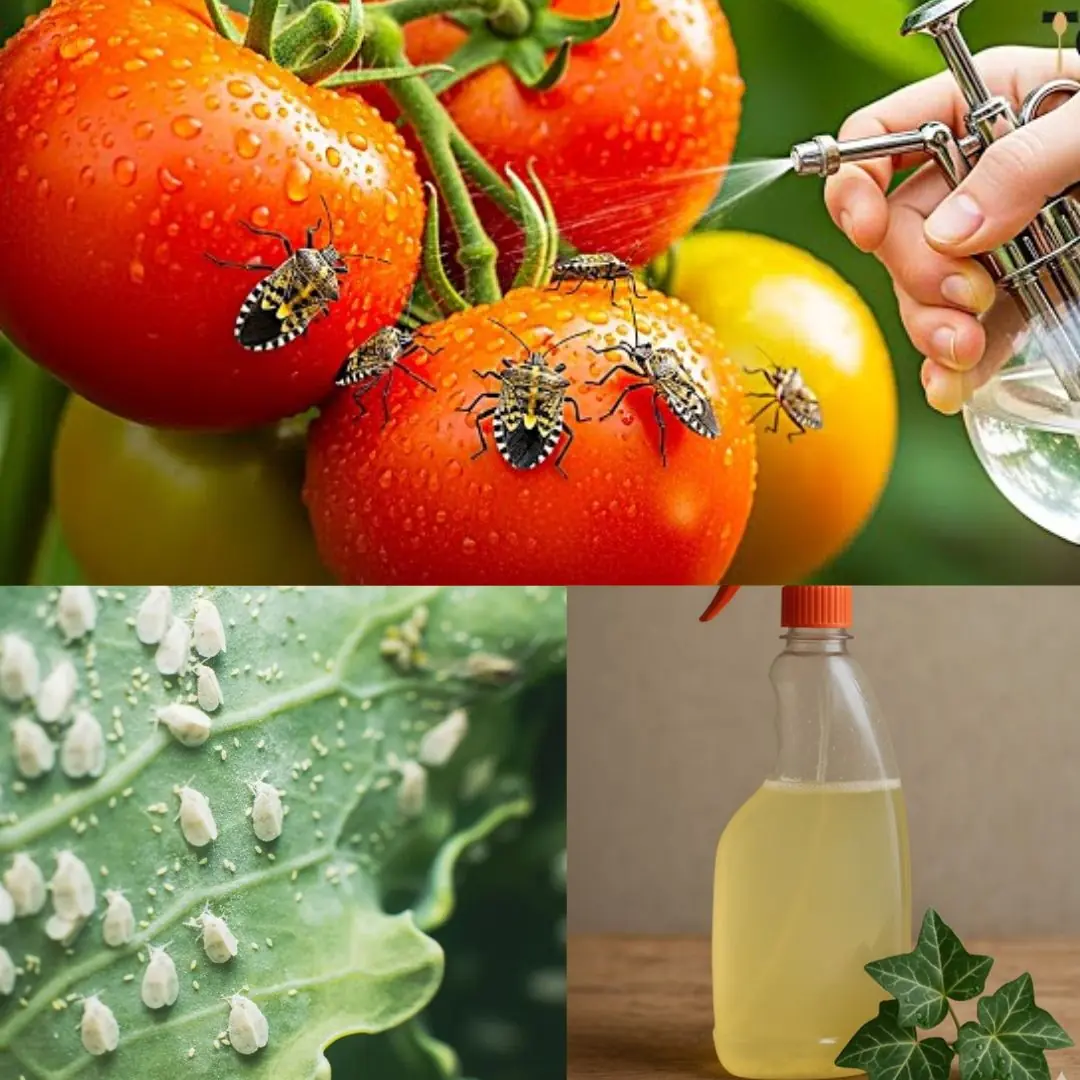
Ivy and Vinegar: A Safe and Natural Spray to Keep Pests Off Your Garden
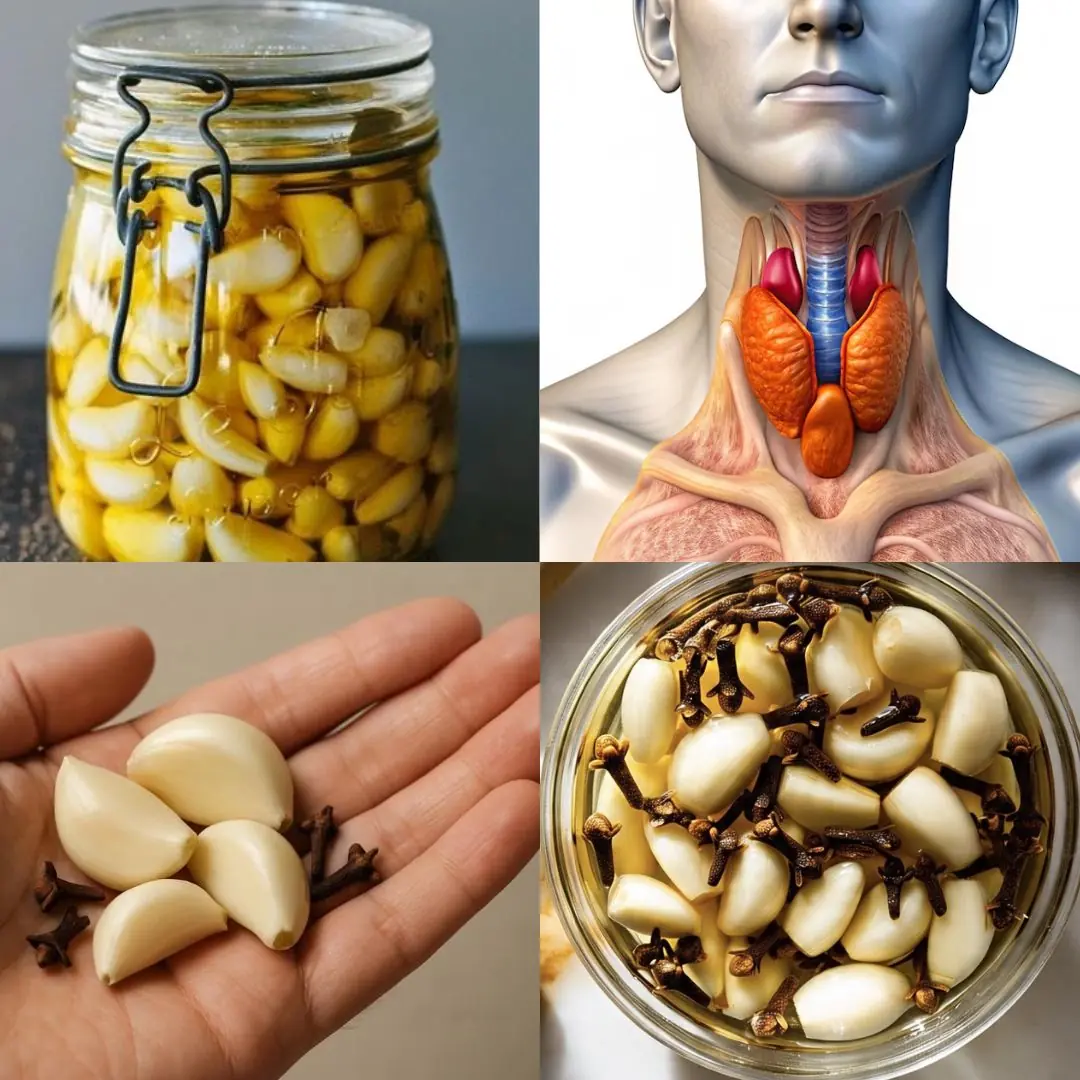
Garlic, Honey, and Cloves – a powerful natural remedy packed with health benefits

Vinegar is the key to streak-free windows and shiny surfaces, but most use it wrong. Here's the right way to use it

Haven't heard that before

You are doing it all wrong. Here’s the right way to store leftovers

10 genius tricks to revive your garden patio

You are doing it all wrong. Here’s the right way to wash towels

They look so harmless
